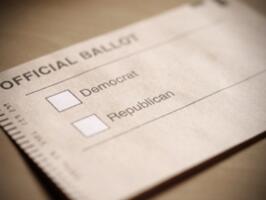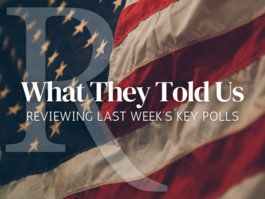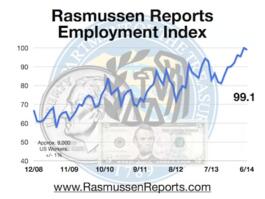Generic Congressional Ballot: Democrats 41%, Republicans 38%
For the third week in a row, Democrats lead Republicans by two points on the Generic Congressional Ballot.
A new Rasmussen Reports national telephone survey for the week ending Sunday, June 29, finds that 40% of Likely U.S. Voters would vote for the Democrat in their district’s congressional race if the election were held today, while 38% would choose the Republican instead.
This is unchanged from the week before. Democrats have been ahead for most weeks this year, with support ranging from 38% to 42%. Support for the GOP has ranged from 35% to 41% since January 1. Democrats led Republicans 40% to 39% a year ago.
(Want a free daily e-mail update? If it's in the news, it's in our polls). Rasmussen Reports updates are also available on Twitter or Facebook.
The national telephone survey of 3,500 Likely Voters was conducted by Rasmussen Reports from June 16-22, 2014. The margin of sampling error for the survey is +/- 2 percentage points with a 95% level of confidence. Field work for all Rasmussen Reports surveys is conducted by Pulse Opinion Research, LLC. See methodology.

















